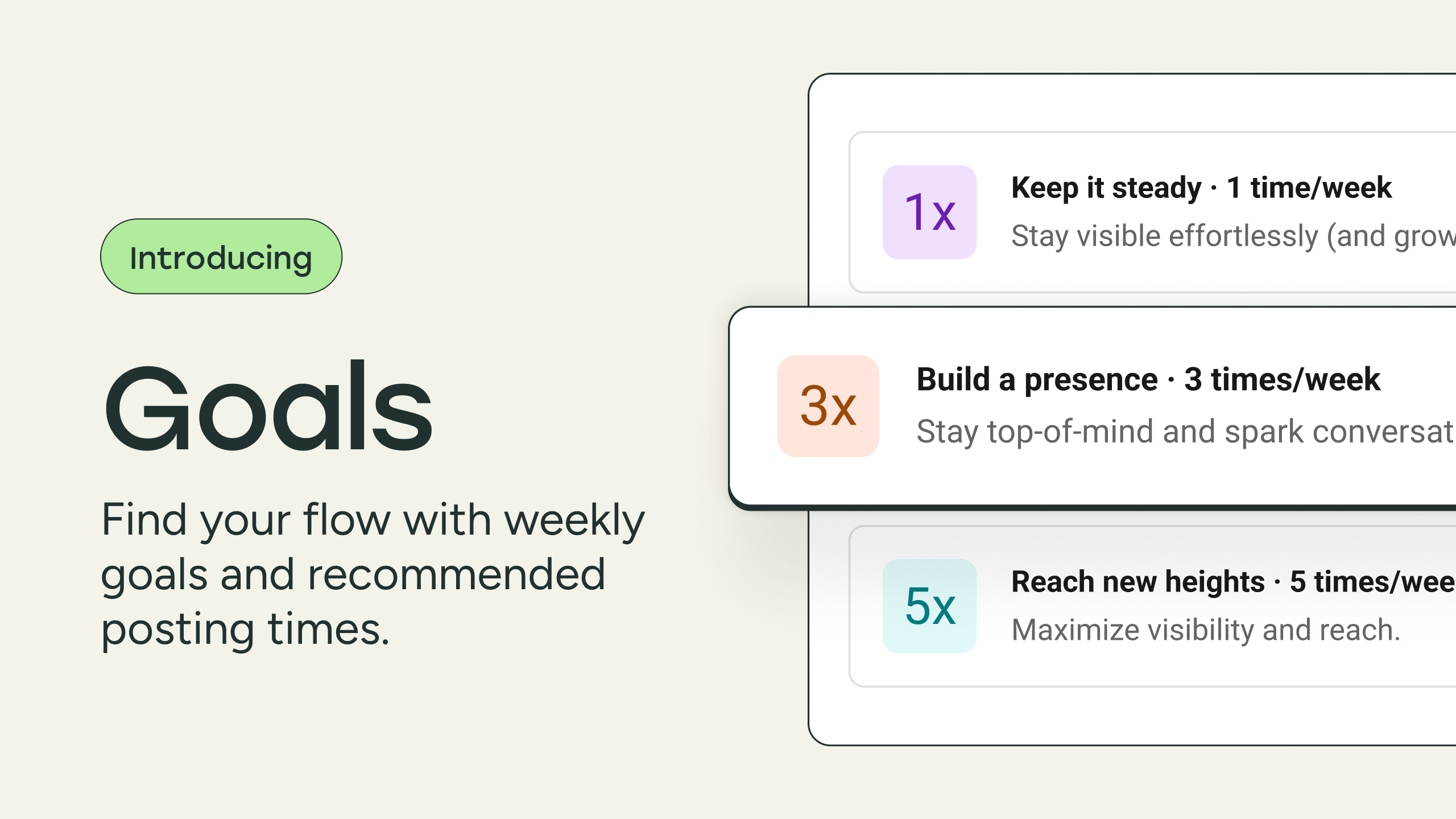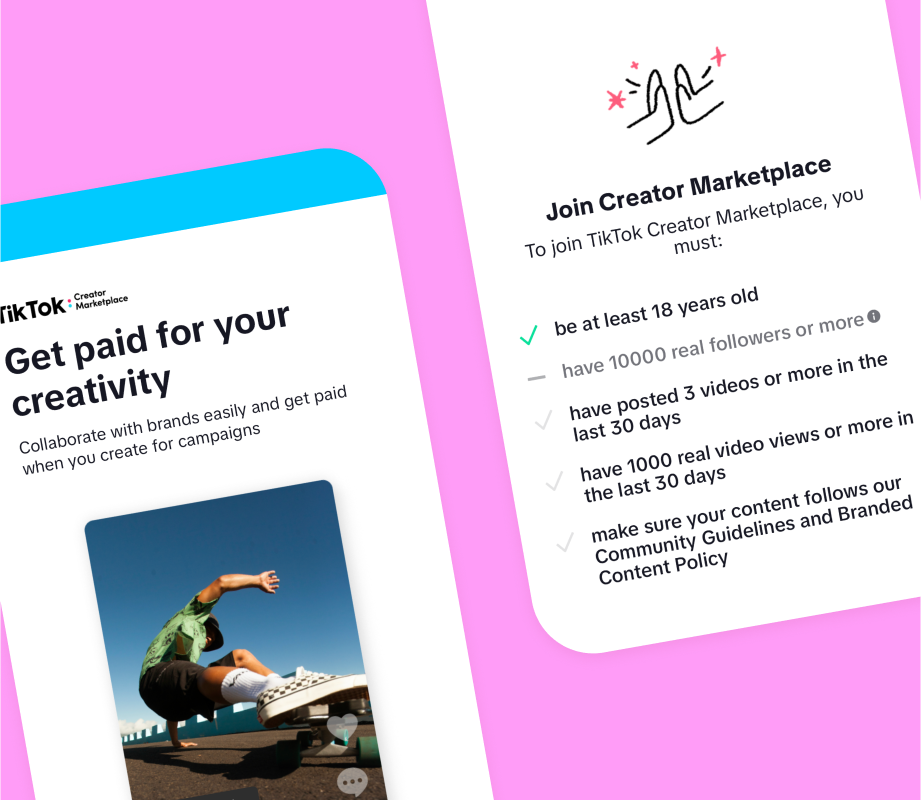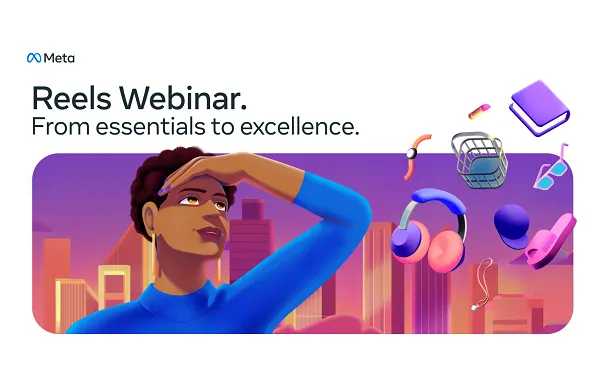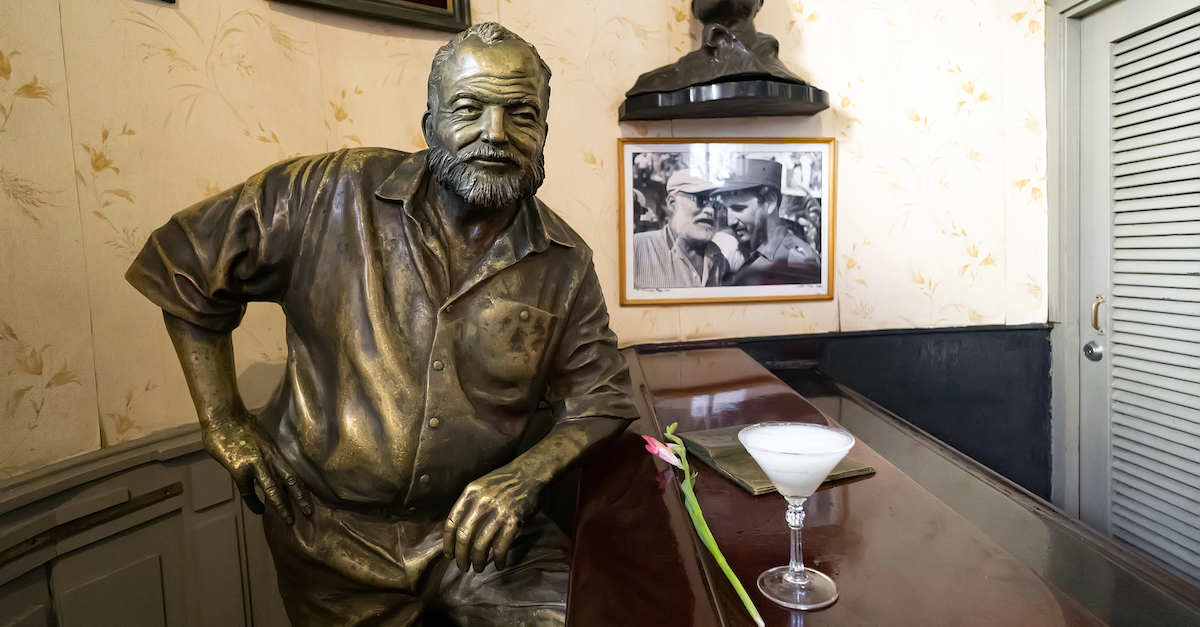Planning for the Life of Your Work (Even If You’re Not Famous Yet)
Legacy planning is neither morbid nor presumptuous—it’s a sign of love for your work, your readers, and anyone who may one day carry your stories forward.


Today’s post is by Charlotte Jones Voiklis, who manages the literary legacy of her grandmother, Madeleine L’Engle (1918–2007). She is also a writer, speaker, and founder of Tesser Well Consulting, where she helps authors and estates navigate the intersection of creative work and long-term planning.
I began working on my grandmother’s literary business in 1999, after my uncle (her business manager) died and I had my first child. I was also in year six of a PhD in Comparative Literature and not sure why I was continuing. Working part-time in her office (the beautiful library at the Cathedral of St. John the Divine) gave me a sense of competence and usefulness. She and I were close, and the work felt like both a privilege and a comfort.
By the time she died in 2007, I had a second child, had finished my degree, and was working as a Program Officer at a foundation, as well as managing the literary business that persisted while she was ailing. I was co-executor of her will, and had excellent legal counsel and guidance. I had contracts, correspondence files, and a will that spelled out key decisions. But something else was missing: something less tangible and harder to name.
I want to acknowledge that some aspects of legacy (especially around illness, family, and money) are deeply personal and sensitive. Not everything needs to be shared publicly, but what surprised me was how little openness there was even around the practicalities, or the willingness to have quiet, private conversations with someone who’d faced something similar. Despite the number of other literary estates out there, I encountered a wall of silence. No stories. No shared roadmaps. No sense of community. No obvious way to create one.
At first, I assumed this was just the way of things—legacy and estate work was meant to be private, maybe even a little occult. Over time, though, I started to question that assumption. Why did something that mattered so deeply have to feel so isolated?
It doesn’t have to, and you don’t have to wait until you’re “famous” or established or making a living from writing to start thinking about what you want for the life of your work, and for the people you empower to see that through.
Why this matters (even if you’re not famous yet)
Every writer has a legacy, whether it’s a single self-published book, a growing backlist with a small press, or a series of essays and poems shared online. You don’t have to be a household name to plan for the future of your creative work.
Early planning doesn’t just help others later—it helps you now. Thinking through your long-term hopes and fears can clarify your values and priorities. It can also help you make smarter decisions about publishing, platform-building, and contracts today.
For me, long-term thinking surfaced most clearly when I made the decision to discard my own journals. I know that might horrify some people—especially readers and scholars who dream of discovering an author’s secret notebooks in an attic one day. But the decision wasn’t dramatic or angry. It was quiet, careful, and deeply considered.
I had started to ask myself: What do I want to leave behind? That act of letting go helped me realize that legacy planning isn’t just about saving everything. It’s about making choices.
There’s a long tradition of these kinds of choices in literary history. Jane Austen’s sister Cassandra burned many of her letters. Kafka asked his friend Max Brod to burn all his work—and Brod didn’t. I’ve never burned anything of my grandmother’s, but thinking about what I chose to keep or let go helped me approach her legacy with deeper empathy and more clarity.
Know what you own (and how you own it)
Do you know which rights you’ve licensed—and which you’ve kept? What happens if your publisher folds, or your ebook distributor changes policies? Do your loved ones know how to access your accounts?
This first step is all about clarity. Make a list of what you’ve published, where it lives, and under what terms. Keep a record of contracts, ISBNs, and logins. If you’re traditionally published, check your contracts for reversion clauses or non-compete language. If you’re self-published, make sure there’s a way for someone else to access income streams and publishing platforms if needed.
Ask yourself:
- What have I published—and where does each work live?
- Which rights have I licensed, and which do I still control?
- Are my copyrights held in my name, or in a company or trust?
- Would someone else be able to make sense of this if I weren’t here?
Appoint a literary executor
A literary executor is someone you designate—usually in your will—to manage your intellectual property after your death. That might include overseeing contracts, negotiating new licenses, maintaining a website or archive, and making judgment calls about unpublished material.
The best literary executor is someone who understands your work, shares your values, and can make practical decisions with integrity. It doesn’t have to be a lawyer or publishing professional (though it can be). What matters most is trust and clarity.
But here’s the catch: your literary executor’s power depends on how your copyrights are held. If your rights are owned by an LLC, a trust, or any other entity, your executor won’t automatically have legal authority unless they’ve also been given a role within that structure. In other words, naming someone in your will is only part of the picture—you also need to ensure the legal mechanics match your intentions.
Ask yourself:
- Who understands my work well enough to carry it forward?
- Will this person be willing and able to take on the responsibility?
- Have I given them legal authority—or do I need to adjust how my rights are held?
- Would they know how to handle tricky decisions or outside requests?
Clarify who can speak for you
Sometimes, legacy isn’t just about what happens after you’re gone. If you’re unable to make decisions about your work—due to illness, incapacity, or absence—who can step in on your behalf?
Consider naming someone in a power of attorney or a separate document who can act for you if needed, especially if you have an active publishing career or valuable rights. This person might be the same as your literary executor, or not. What matters is that they understand your work and your wishes, and that the paperwork reflects your intent.
Ask yourself:
- If I couldn’t respond to an opportunity tomorrow, who would I trust to respond for me?
- Is there someone who understands both my values and the publishing landscape?
- Have I made my wishes clear in a document they could rely on?
- Would this person feel confident acting on my behalf—or would they hesitate?
Organize your materials
A legacy isn’t just about finished books. It’s about the richness of your creative life: drafts, notes, correspondence, journals, photos, annotated books, and more. That material can be invaluable to readers, scholars, family members, and future collaborators.
You don’t need to turn your files into a perfect archive. But you can begin organizing—both digital and physical—so that others aren’t left with an overwhelming mess.
Ask yourself:
- What do I most want people to find—or not find—when they look through my files?
- Is there a clear way for someone to access my digital and physical materials?
- Which pieces of my creative life feel worth preserving—even if they’re not finished?
- Have I made it easier for someone to step into this role, or harder?
Decide what should be public
Not everything you leave behind needs to be shared. Your private writings, marginalia, email correspondence, or unfinished drafts might feel too raw—or too sacred—to be read widely.
You can make these preferences known. A short note or internal memo to your literary executor or family can make a big difference in preventing confusion or regret.
Ask yourself:
- Are there things I’d want saved but never published?
- What parts of my creative process do I consider private?
- Could someone mistake a rough draft or casual note for a finished work?
- Have I shared my wishes clearly with the person who might face these decisions?
Write down your vision
You don’t need a five-page manifesto, but even a short note expressing your long-term hopes for your work can go a long way. Do you want your writing to be preserved and shared widely? Are you open to adaptations? What concerns you most—misrepresentation? Inaccessibility? Obscurity? The possibility of an AI-generated afterlife?
Think of this as writing a letter to your future readers, your heirs, or your literary executor. It’s not legally binding, but it’s deeply useful.
Ask yourself:
- What do I want my work to mean to future readers?
- Are there types of adaptation or use that I welcome—or worry about?
- What values or ideas do I want to remain intact?
- If someone had to make a hard call on my behalf, what would I want them to know?
Final thoughts: You’re allowed to think long-term
Legacy planning can feel intimidating or premature, especially if you’re still building your writing life. But it’s neither morbid nor presumptuous. It’s a sign of love: for your work, your readers, and the people who may one day carry your stories forward.
Although my grandmother was thoughtful and clear in some areas, other parts of her literary estate were left undefined. Looking back, I think we all—she included—would have benefitted from more open conversations while she was still alive. Conversations not just about what to preserve, but about what mattered most to her, and how she hoped her work would live on. Now, when I face a decision that involves competing values or uncertain outcomes, I still find myself asking her what she would want. I can hear her clearly: “I trust you. Be good. Be wise. Behave.” Then a beat. “But don’t be dull.”
You don’t need to have everything figured out. Most of us don’t. Thinking ahead, even just a little, can make things easier down the line. When I started, there was no guide or shared wisdom. If this offers even a small piece of that for you, I’ll be glad.



































![How to Find Low-Competition Keywords with Semrush [Super Easy]](https://static.semrush.com/blog/uploads/media/73/62/7362f16fb9e460b6d58ccc09b4a048b6/how-to-find-low-competition-keywords-sm.png)












![How Marketers Are Using AI for Writing [Survey]](https://www.growandconvert.com/wp-content/uploads/2025/03/ai-for-writing-1024x682.jpg)







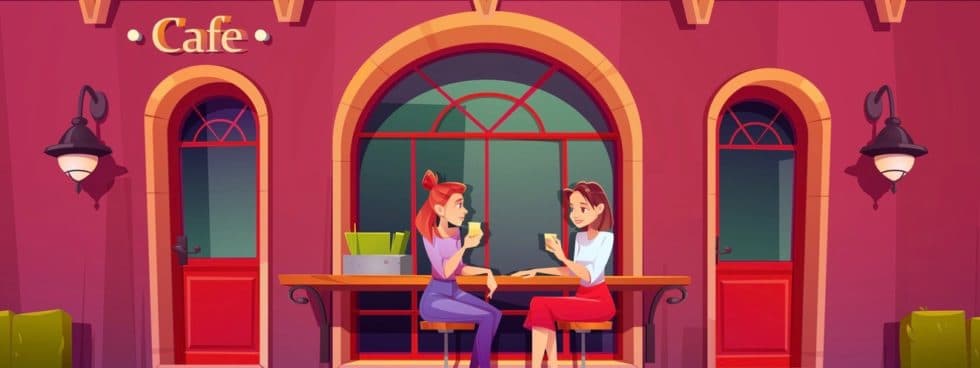









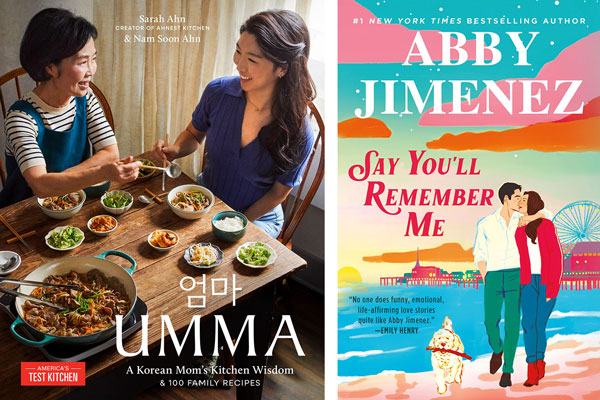
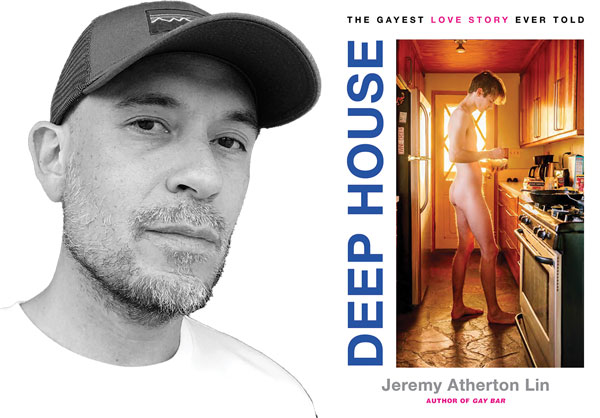
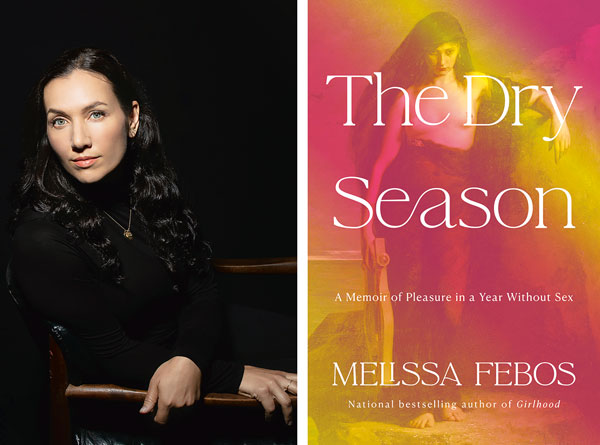
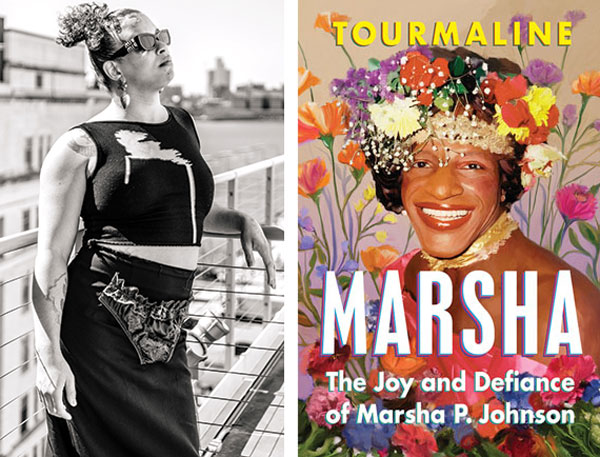





























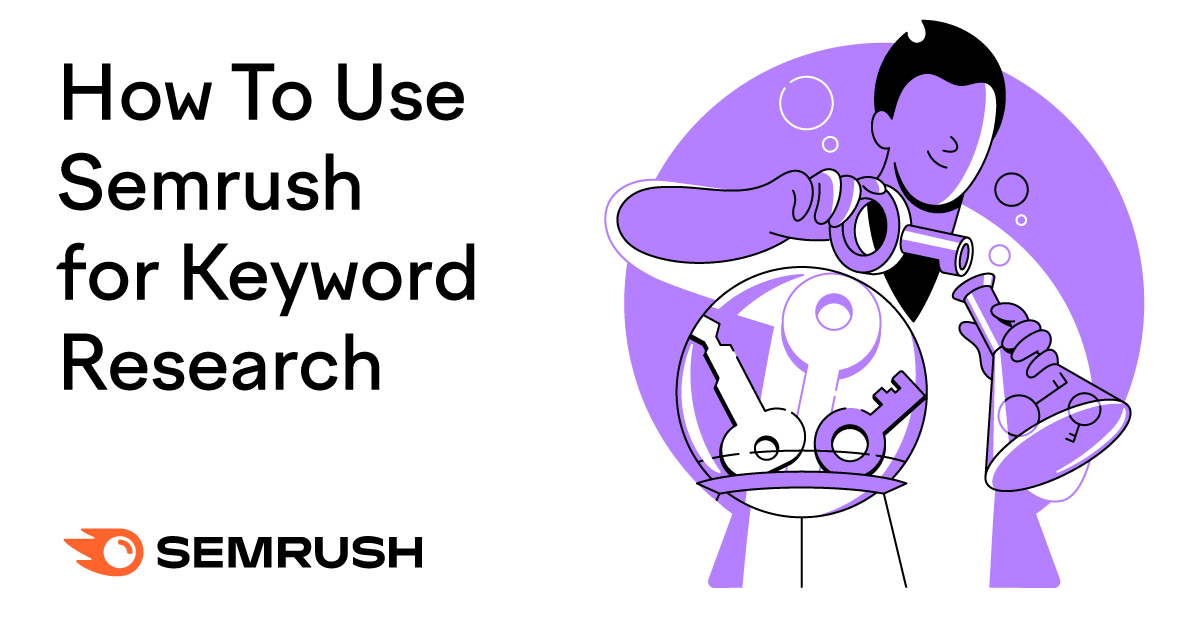






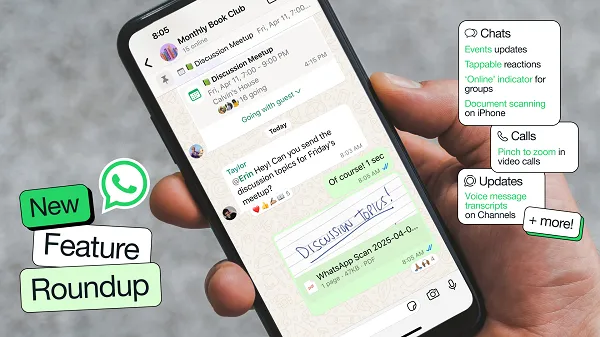
![Ecommerce Customer Journey Mapping — How to Set Potential Shoppers Up to Buy [Tips & Template]](https://www.hubspot.com/hubfs/ecommerce-Sep-13-2023-09-08-01-7144-PM.png)

